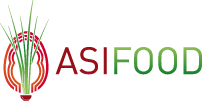One of the most important causes of the dramatically low level of food safety & low food quality in partner’s countries is the lack of skilled human ressources, due to the lack of training programs at higher education level dealing with these issues. We pointed out the weak relationship between HEIs and the professional world, leads to inadequate curricula and, eventually, to inefficient graduates.
The aim of AsiFood is to support the universities in Vietnam, Thaïland and Cambodia in building their capacities and their link with professionals in food safety and food quality, in the context of ASEAN integration, which starts in 2015.
Therefore AsiFood aims at :
- Enhancing the relationships between universities and professional stakeholders (food producers and sellers; food safety authorities; consumers…). This is a preliminary and important step to integrate or re-integrate the universities within the “knowledge triangle”. Stronger relationships with professionals will allow the design of more useful and efficient research and training programs through the involvement of professionals in university boards, co-supervision of internships in food companies and plants and the implication of professionals as lecturers..
- Bringing the “Training Engineering” (TE) methodology within partner’s universities, to ensure that new and updated curricula fit the needs of the economic sector and other stakeholders. AsiFood will first impact at the faculty level, and will then roll out the TE methodology at the university level (and to other ASEAN universities, notably via ELearning). At mid term, TE shall become the “business as usual” each time a curricula has to be updated or created.
- Raising teachers capacity, with the introduction of new didactic methods and the creation, implementation and dissemination of 3 multidisciplinary training modules in food safety and food quality “from-farm-to-plate” (5 to 15 ECTS each) in regional masters programs. Thanks to the strong implication of professionals, these modules will be tailored to the needs of the food sector. They will also fit the 3 cycle structure and deliver a degree recognised in Thaï, Vietnamese and Cambodian universities, thus facilitating exchanges between these universities. This is one of the short term impact of the project, since towards project’s end teachers will already teach better training programs related to food safety & quality, and a first set of more proficient graduates will leave university to work in food production or as laboratory managers.
- Strenghtening the relationships between ASEAN universities and between EU and ASEAN universities in the areas of food safety and food quality. Researchers being one of the key pillars of the “knowledge triangle”, they will also be involved in the project and future training programs and exchanges between Asian and EU researchers will be fostered for a reciprocal benefit.

